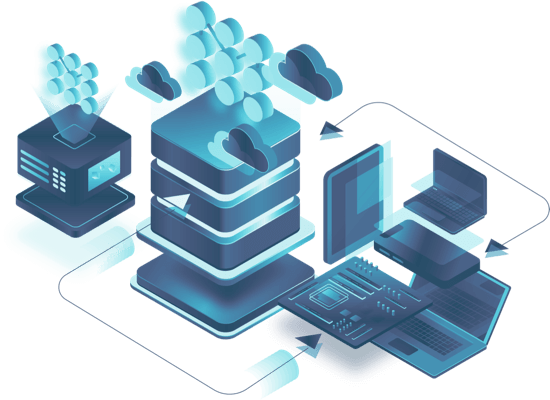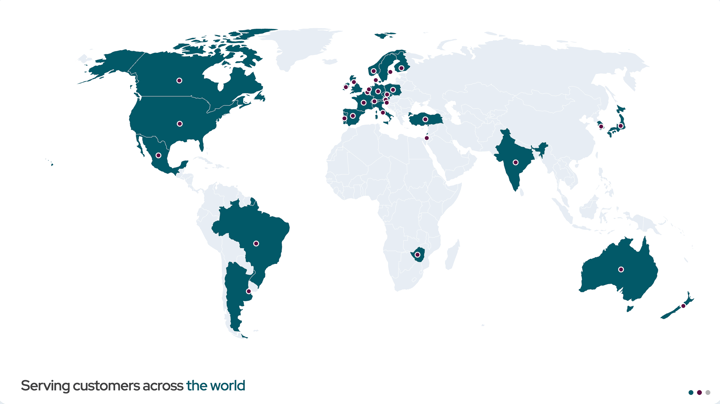Installing and updating Mender components is simplified with the addition of new package repositories. Mender users can now leverage the new package repositories to install and update Mender components.
Note: In certain use cases and workflows, the new way of installing Mender may break backward compatibility. None of the breaking changes affect currently supported Mender versions, see below for more information.
New Mender component repositories
From now on, Mender components are shipped in two separate apt repositories:
- workstation-tools: Includes tools for developers and users workstations (e.g., mender-artifact).
- device-components: Includes components for Devices running Mender.
The Downloads page reflects this change and provides instructions for setting up either of the above repositories based on the Mender component(s) to be installed.
Note: The all-purpose repository remains functional; however, it is now considered deprecated and will no longer receive new packages.
Advantages of the new Mender repositories
Enabling the new repositories and installing repository packages using apt install is now the preferred way of installing Mender components. The new apt install approach offers multiple benefits over the old approach (downloading individual .deb packages and installing them with dpkg -i). The apt install approach enables:
- proper signature verification,
- automatic installation of dependencies, and
- standard package upgrade process (not recommended for Devices).
The Mender Downloads page no longer provides links to individual packages provided in one of the new repositories. However, individual packages can still be downloaded from the repositories using the workstation-tools or device-components repository links.
Creating a future-proof infrastructure is the next challenge smart product OEMs must overcome. When the infrastructure is scalable, flexible, and capable of managing heterogeneity and complexity, the future of innovation becomes limitless.
Raspberry Pi OS and Debian armhf device package changes
In the old Debian repository, the provided armhf Device component packages are actually armhf packages for the respective versions of 32-bit Raspberry Pi OS devices, ARMv6 architecture, while 32-bit Debian is actually using the ARMv7 architecture. The structure of the old Debian repository created confusion, where in some cases, devices received ARMv6 architecture instead of the required 32-bit ARMv7 architecture.
The new device-components repository provides ARMv7 armhf packages for the Debian distributions, remediating the previous confusion. Packages for 32-bit Raspberry Pi OS are no longer provided in the repository. Respective ARMv8/aarch64 Debian packages also work well for 64-bit Raspberry Pi OS.
mender-convert moving to apt install
In conjunction with the repository changes, the mender-convert tool now also uses the new repositories and apt install to install the requested Mender components into the converted image. A significant benefit, the new mender-convert enhances security through proper signature verification.
In order to preserve the ability of mender-convert to install specific versions of Mender
components, the device-components repository is structured to provide multiple versions of the same package. apt-cache madison can list all the provided versions, and apt install can install a specific version.
Note: The new repositories only provide supported versions of Mender components (at the moment of their creation); installation of older versions of Mender components using the latest mender-convert is not supported. The latest mender-convert also does not support converting 32-bit Raspberry Pi OS images, as the ARMv6 32-bit packages do not exist in the new repositories. (32-bit Raspberry Pi OS images require an older version of mender-convert, and using 64-bit Raspberry Pi OS is recommended.)
Share your feedback
We hope these changes will simplify and help Mender users going forward. Share your feedback about the new Mender features and suggestions for future improvements in the Mender Hub General Discussions forum. If you encounter any issues with the new release, please report them in the Mender JIRA issue tracker with detailed reproduction steps and system information.
Recent articles
New Mender experimental AI-enabled feature
Mender in 2025: A year in review with compliance, security, and AI-driven growth
What’s new in Mender: Enhanced delta updates and user experience
Learn why leading companies choose Mender
Discover how Mender empowers both you and your customers with secure and reliable over-the-air updates for IoT devices. Focus on your product, and benefit from specialized OTA expertise and best practices.


